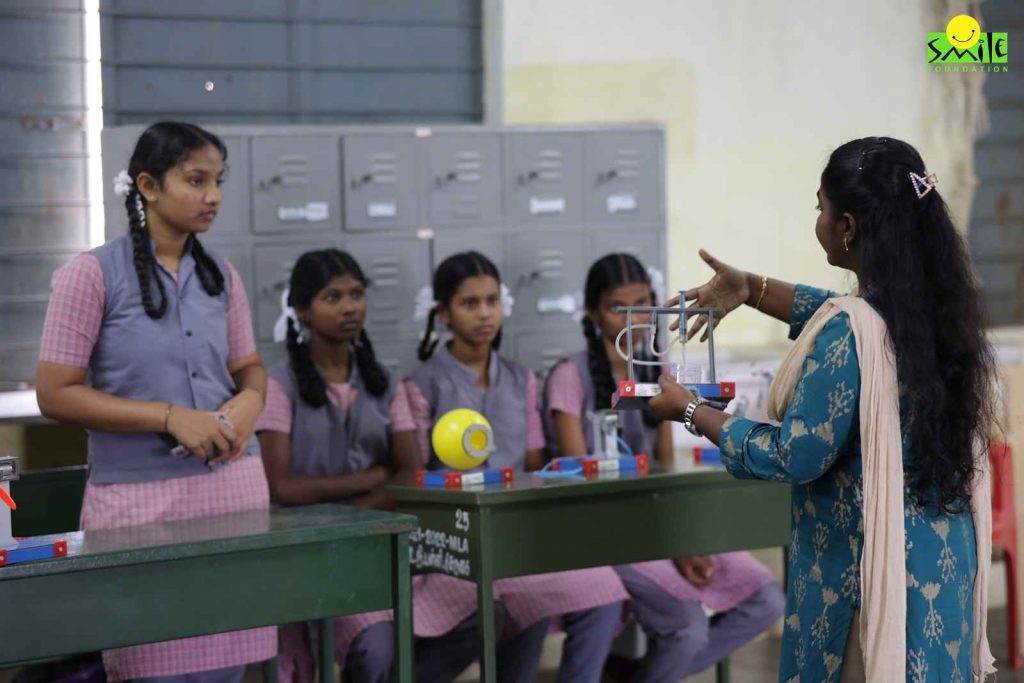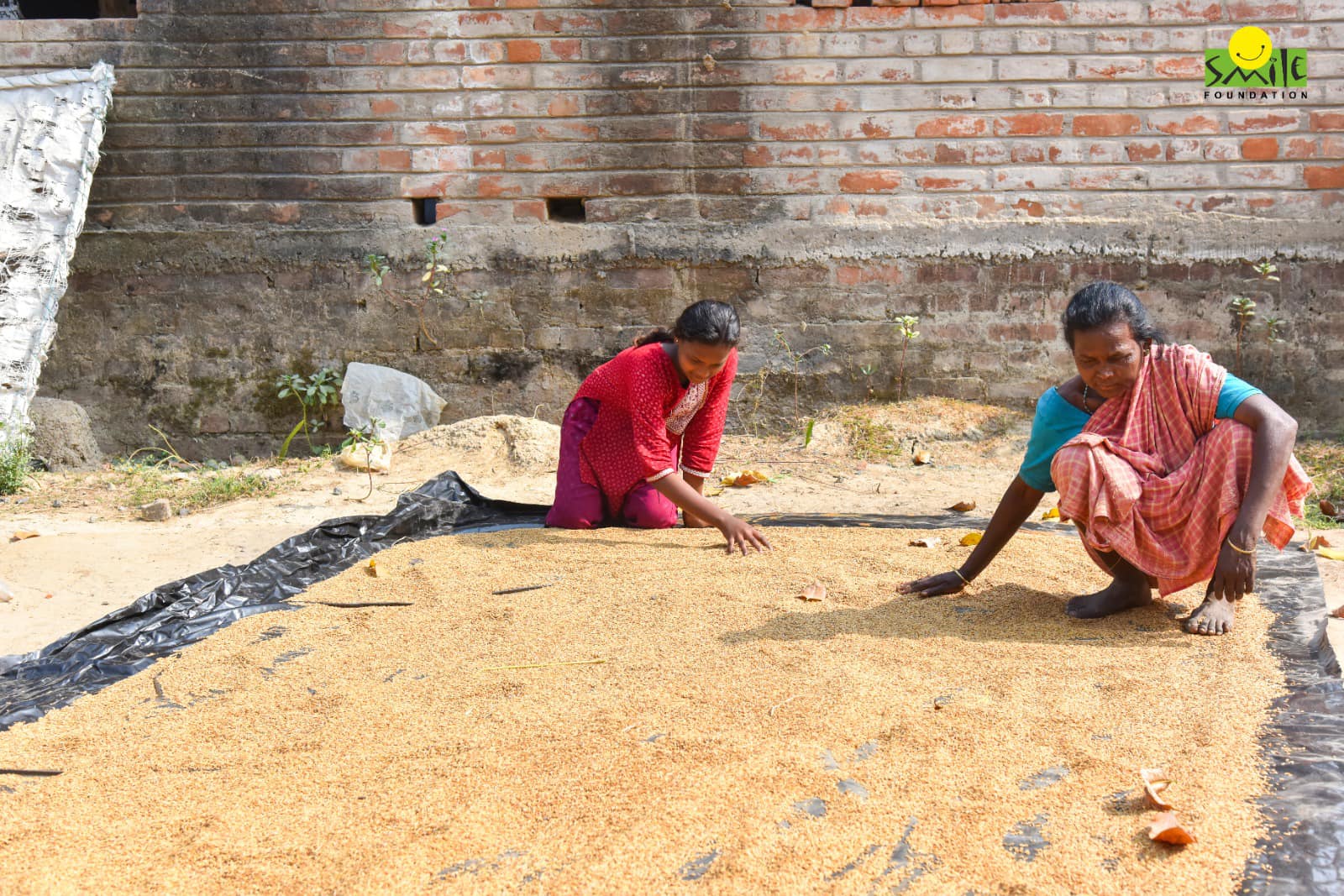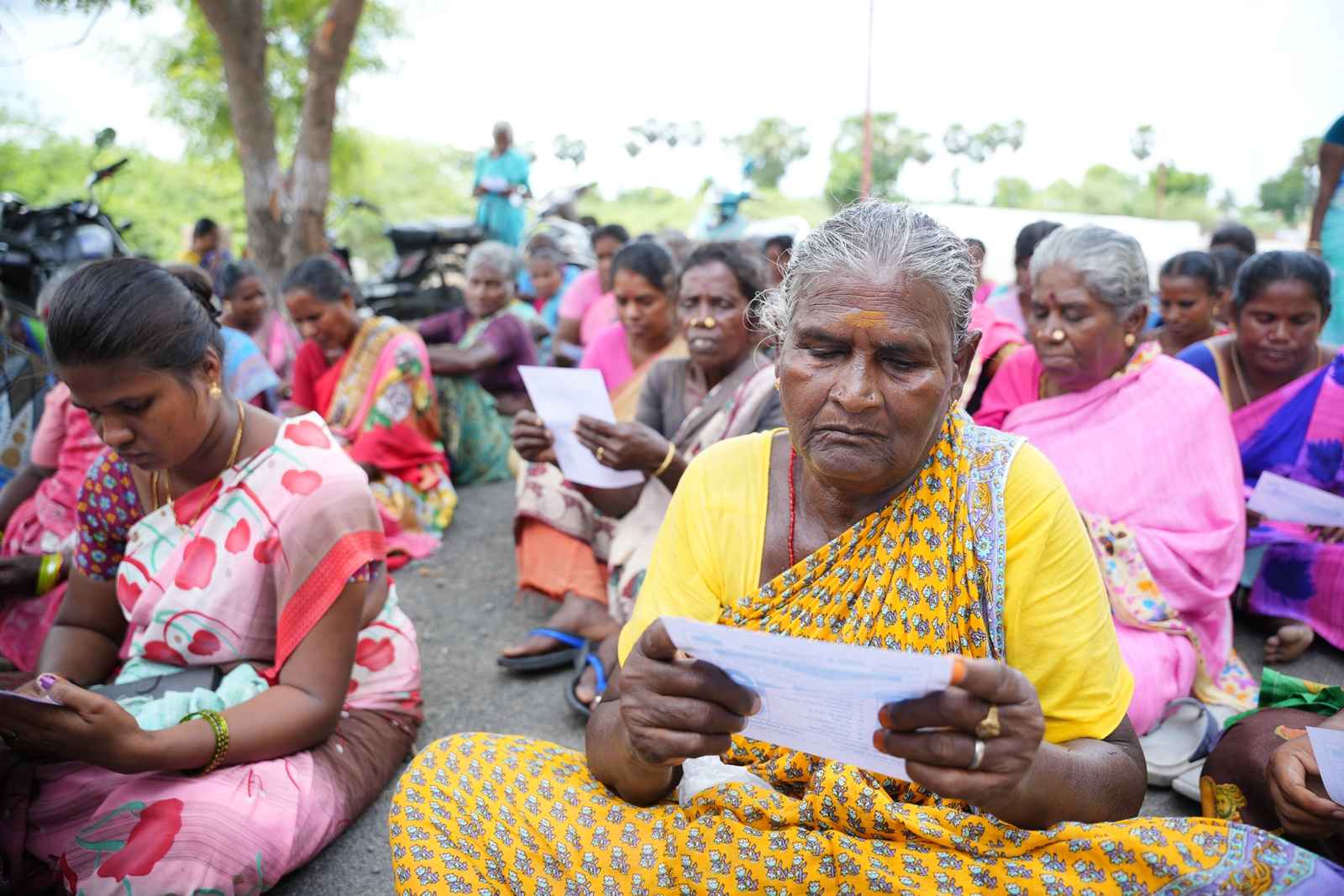In an age dominated by technological advancements and groundbreaking discoveries, science has become the driving force behind societal transformations. While technology is often seen as the face of change, it is the deeper scientific knowledge and research that fuels technological growth, influencing every aspect of life.
From healthcare to education, agriculture to industry, science is present in almost all mediums of modern living. But the question remains: can science truly accelerate social development? Let’s understand how scientific progress shapes economic growth, human rights, environmental sustainability and overall quality of life, and whether it serves as a transformative agent in reducing inequalities and enhancing social well-being or not?
The Power of Scientific Innovation
Science can create a more just, equitable and advanced society when effectively harnessed. Economic growth is closely linked to scientific advancements, as seen in countries like the U.S., Japan and South Korea, which invest considerable portions of their GDP in R&D. Such investments drive innovation, create jobs, improve healthcare and enhance educational standards These, collectively, help reduce income inequality and promote inclusive development. Notably, nations with higher investments in education and R&D consistently perform better on human development indices, underscoring the link between science and social progress.
India, despite investing only around 0.7% of its GDP in R&D, has seen significant social benefits from its scientific focus. The country’s pharmaceutical sector has produced affordable, high-quality medicines that enhance healthcare accessibility for millions. Reports suggest India supplies over 60% of the world’s vaccines, highlighting its strength in public health. Successful vaccination campaigns against diseases like polio have greatly increased life expectancy and lowered child mortality, leading to significant improvements in healthcare in India.
Addressing Health Disparities
Health disparities represent a critical barrier to social development. In India, despite advancements in medical technology, access to healthcare remains uneven. Scientific research can bridge these gaps, particularly through innovative solutions like telemedicine, which expands healthcare access to rural populations.
Globally, data analytics and artificial intelligence are revolutionising disease prevention and management. The strategic use of these technologies could significantly reduce healthcare costs while improving health outcomes. By harnessing the power of science, nations can develop more equitable healthcare systems that cater to the needs of their most vulnerable populations.
The Issue of Environmental Sustainability
Environmental sustainability is another area where science can drive social development. The global threat of climate change has spurred scientific innovation in renewable energy, conservation, and sustainable practices. Solar and wind energy technologies, largely born out of scientific research, have the potential to mitigate climate change and reduce dependence on fossil fuels, especially in countries like India, where coal still plays a dominant role in energy production. India ranks fourth globally in installed renewable energy capacity, with a target of generating 50% of its energy from non-fossil sources by 2030. This shift is not only critical for reducing environmental degradation but also for promoting social development, as it creates jobs, improves health outcomes, and ensures long-term economic stability.
Scientific research also addresses social and environmental issues, particularly in rural areas of India and Africa where waterborne diseases are common. Affordable water filtration systems and smart irrigation techniques are improving access to clean water, reducing health risks, and boosting agricultural productivity. These advancements enhance quality of life and promote social justice by meeting the basic needs of underserved communities.
Agriculture
Agriculture, another critical component of social and economic development in India, has also seen massive transformations through science. The Green Revolution of the 1960s and 70s, driven by scientific advancements in crop breeding and irrigation technologies, lifted millions out of poverty. In the global context, similar scientific interventions, such as genetic modification of crops, have enabled countries to ensure food security, even amid population explosions and climate change challenges. Feeding an expected 2 billion more people by 2050 will require agriculture to become more productive and sustainable. This calls for increased investment in productivity-boosting technology, especially in developing countries.
Education and Entrepreneurship
Education is vital for social development, and science can greatly enhance educational outcomes. India’s Digital India initiative seeks to improve digital literacy and information access, especially in rural areas. As of 2021, internet penetration in India reached 56%, creating new opportunities for learning and innovation. The Atal Innovation Mission (AIM) in India fosters a culture of entrepreneurship among youth, aligning with Sustainable Development Goal 9, which promotes industry and innovation.
Globally, educational technologies such as online learning platforms have the potential to democratise education. Integrating science education into curricula can help foster critical thinking and problem-solving skills, essential for nurturing future innovators. By prioritising science education, nations can empower individuals to contribute meaningfully to their communities, ultimately driving social progress.
Bridging the Digital Divide
While science has the potential to accelerate social development, it is essential to acknowledge that progress is not inherently equitable. A significant digital divide exists both between countries and within societies, leaving women, rural populations, and marginalised communities at a disadvantage. Women represent only 33% of the global research community, with India seeing only 14% of its R&D workforce comprising women. This disparity limits the potential of scientific advancements to drive inclusive development. Efforts to promote gender parity in education and increase the diversity of thought in research can ensure that scientific developments address broader societal needs.
Conclusion
The interplay between science and social development is complex yet promising. As we face the challenges of the 21st century, leveraging scientific progress is essential for promoting sustainable and inclusive growth. In India and around the world, embracing innovative solutions can bridge the gap between progress and equity. By prioritising scientific research and education, we can create a future where everyone has the opportunity to thrive. The journey toward a more equitable society is not only possible; it is imperative for our shared future. By harnessing science’s power like Smile Foundation has done in its many interventions related to education, health and skilling, we can pave the way for a more just and sustainable world.









